This website uses Google Translate
You cannot use this feature without first accepting 3rd Party Cookies.
This website uses Google Translate
You cannot use this feature without first accepting 3rd Party Cookies.
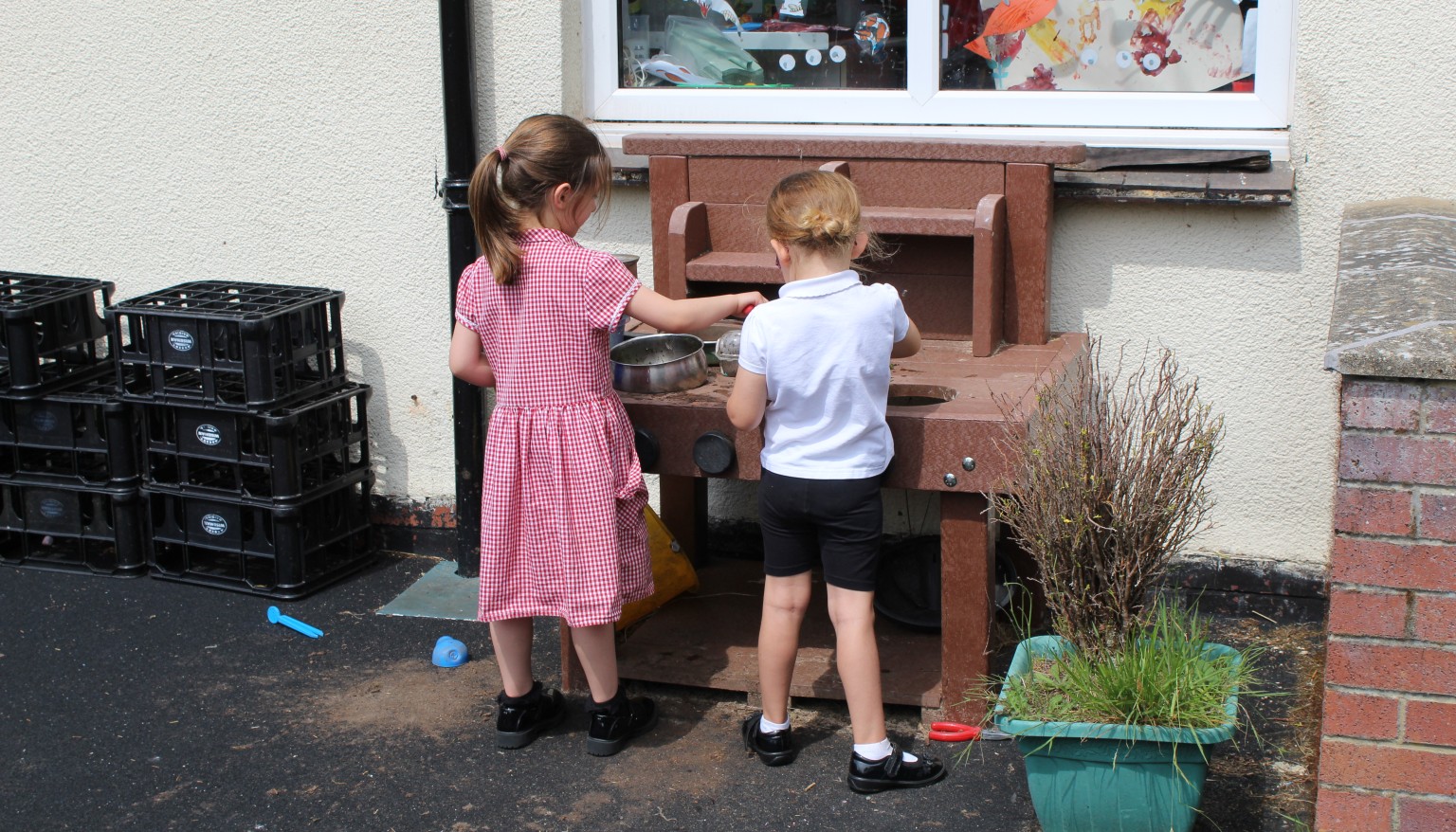
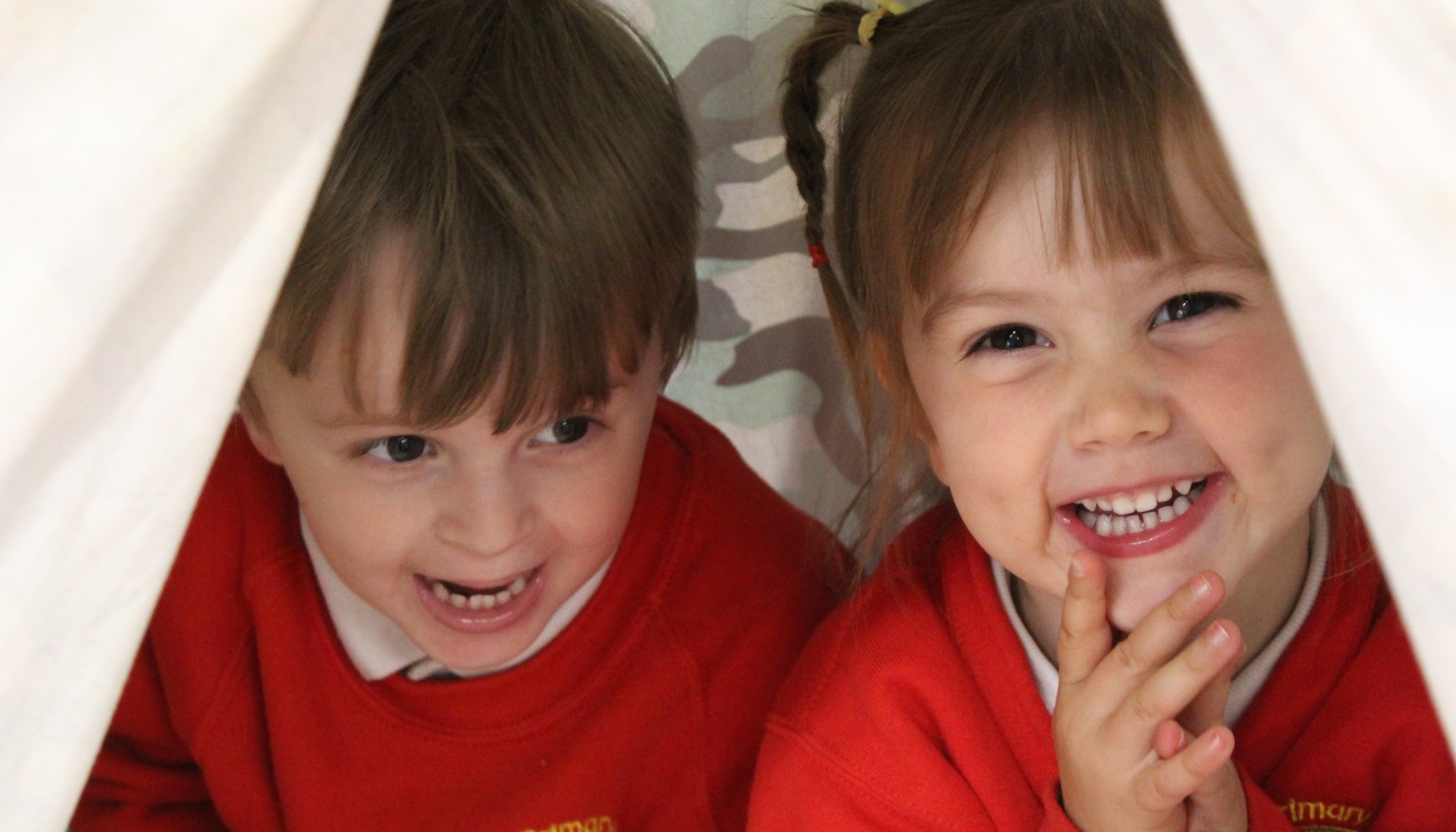
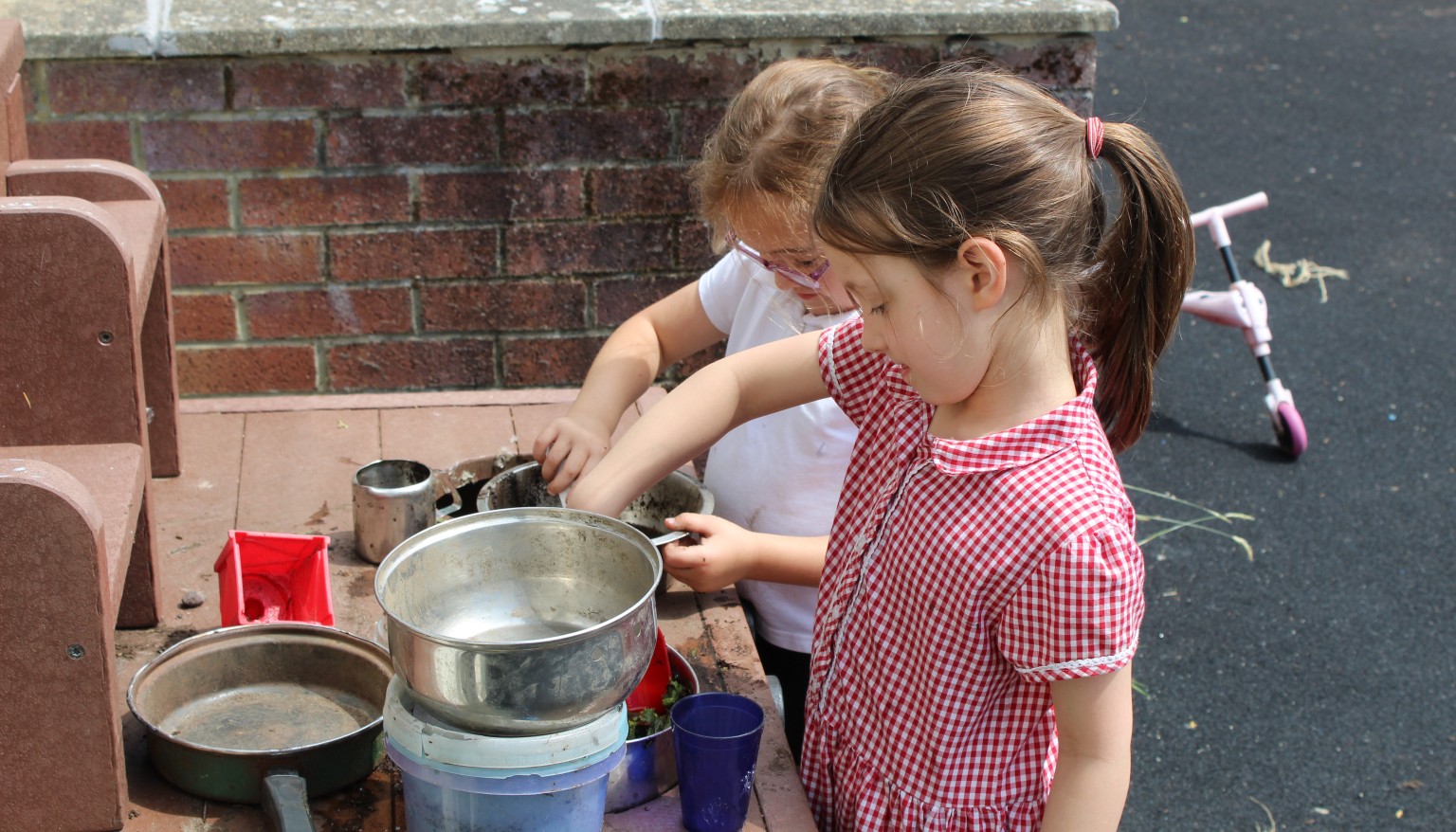
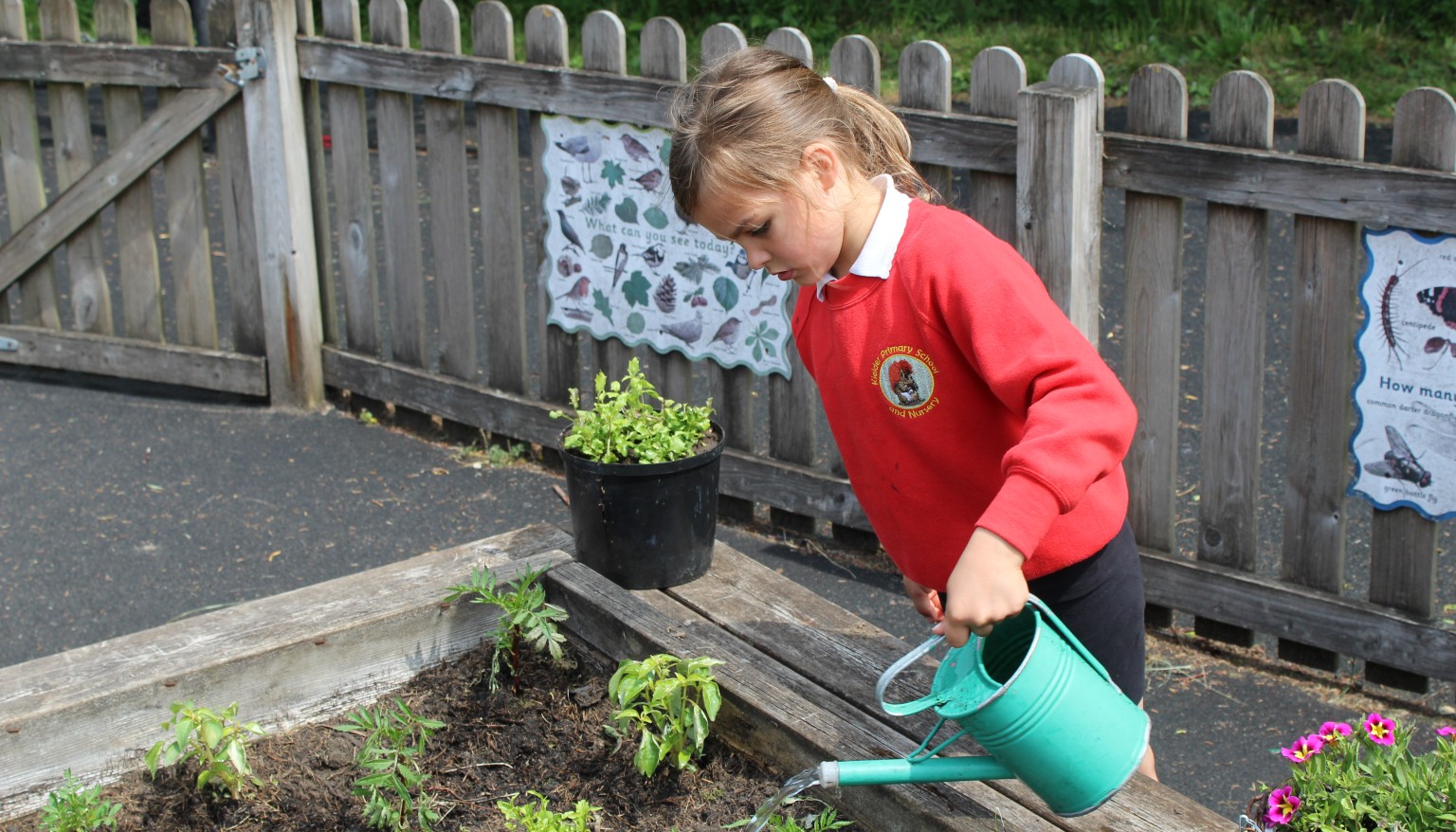
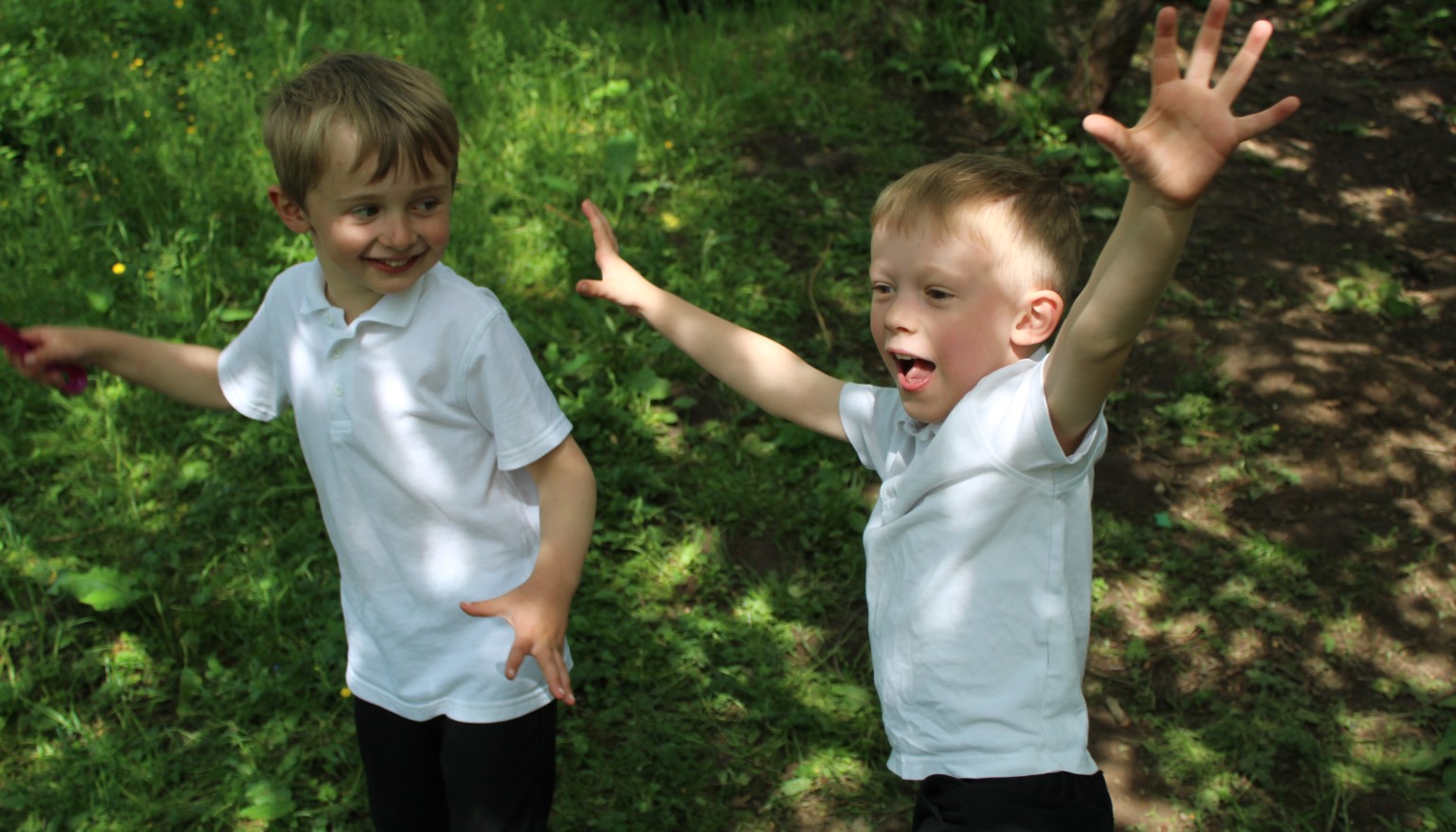
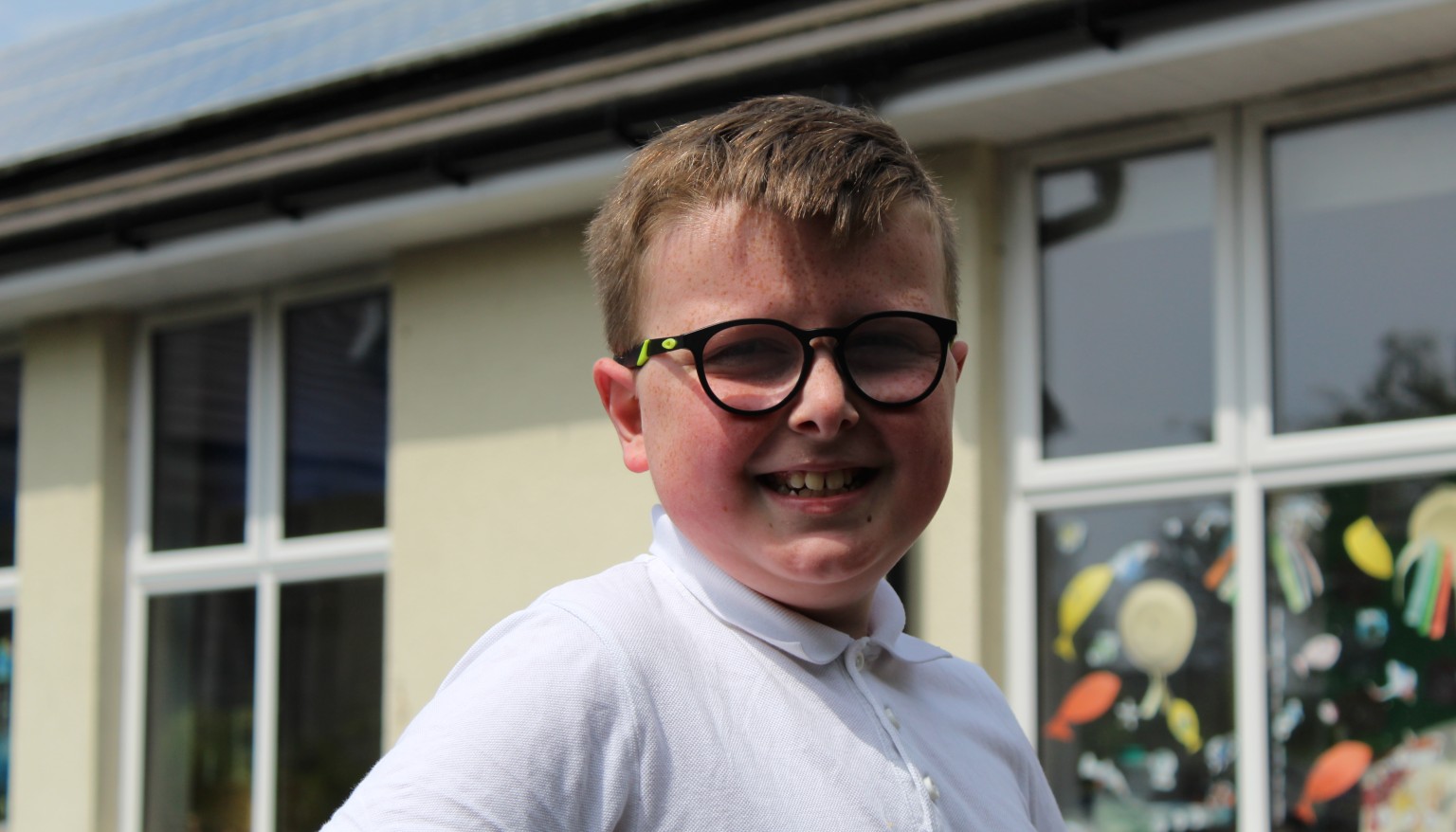
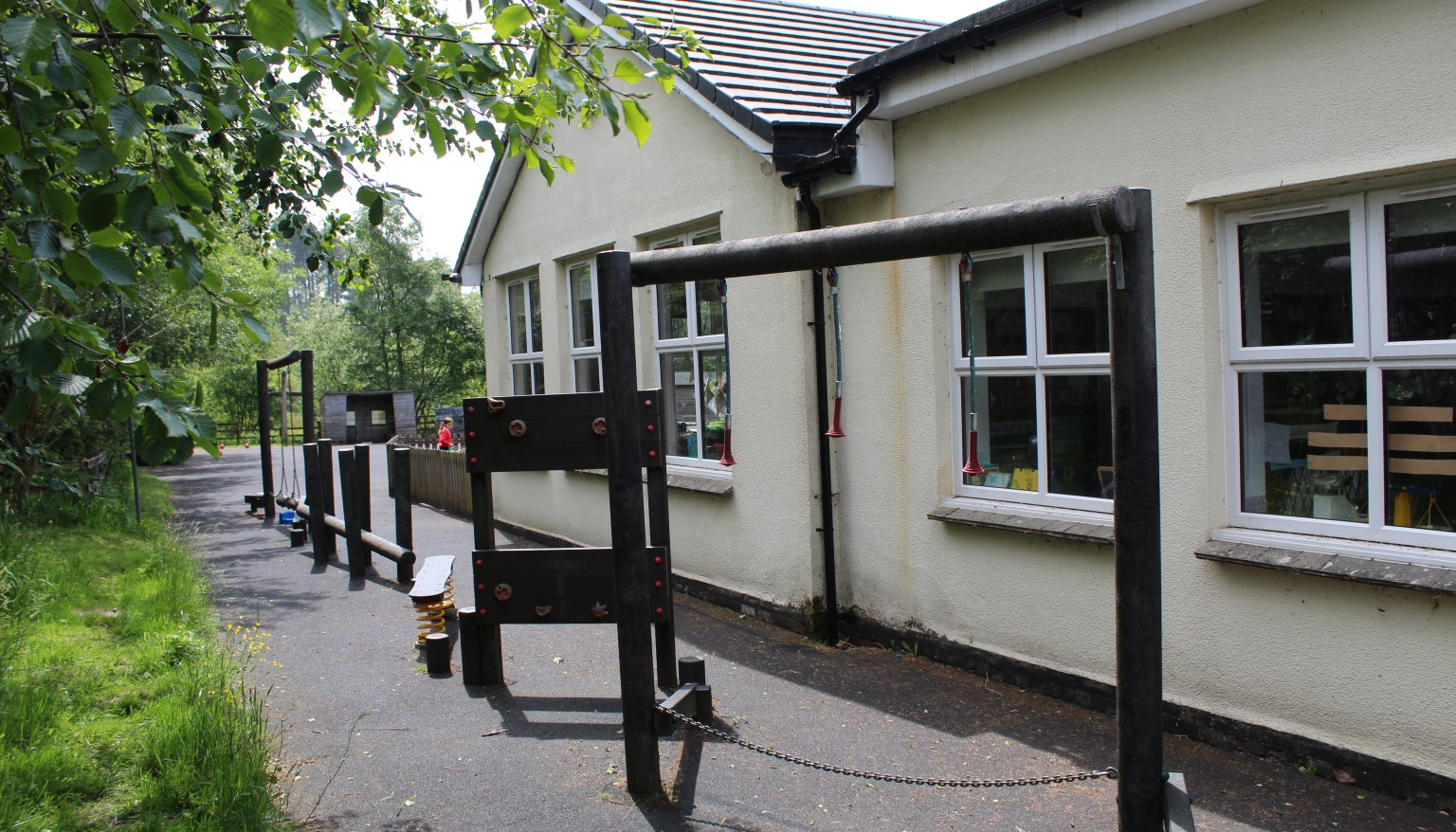
You cannot use this feature without first accepting 3rd Party Cookies.
You cannot use this feature without first accepting 3rd Party Cookies.
At Kielder Primary School and Nursery, our French curriculum is designed to broaden pupils’ horizons, develop curiosity about the wider world and equip pupils with the linguistic knowledge, communication skills and cultural understanding needed to engage confidently with other languages and cultures. We aim to develop pupils as enthusiastic, reflective and increasingly independent language learners who understand how language works and can communicate meaningfully in French.
Our French curriculum is ambitious and carefully sequenced to ensure clear progression in listening, speaking, reading and writing, alongside explicit teaching of grammar and pronunciation. Pupils develop both substantive knowledge (vocabulary, cultural knowledge and factual content) and disciplinary knowledge (how languages are structured and learned, including grammar, phonics, and strategies for communication and comprehension).
A distinctive strength of our French curriculum is its clear and deliberate progression in knowledge, skills and vocabulary, from Year 3 to Year 6. Pupils are taught to use increasingly precise grammatical and linguistic terminology, and to apply language structures with greater independence, accuracy and fluency over time.
French at Kielder plays a key role in developing pupils’ cultural capital. Through learning about French-speaking countries, traditions, daily life, celebrations and global francophone cultures, pupils develop respect for diversity, curiosity about the world and an understanding of how language connects people across cultures. This is particularly powerful in our rural context, where language learning plays an important role in widening pupils’ experiences and aspirations.
Our French curriculum aligns closely with the Thrive and Excel @ Kielder Framework by developing pupils’ communication skills, confidence, resilience, reflection and global awareness. Pupils are encouraged to take risks in speaking, persevere with pronunciation and grammar, reflect on their learning and show respect for other cultures and languages.
Our French curriculum is delivered through carefully sequenced units across four curriculum cycles, ensuring full coverage of the National Curriculum Programme of Study for Languages and clear progression from Year 3 to Year 6.
Each unit clearly sets out:
Core knowledge, including key vocabulary and grammar structures that all pupils are expected to learn and remember.
Key vocabulary, including Tier 2 disciplinary vocabulary (e.g. noun, verb, adjective, gender, agreement, tense, pronunciation, translation) and Tier 3 topic-specific vocabulary linked to each unit.
Progressive ‘I can’ statements for Years 3–6, which show increasing complexity, independence and accuracy in listening, speaking, reading and writing.
Planned opportunities for purposeful communication, including conversations, role-plays, presentations and short written outcomes.
This structure is clearly evidenced in the KS2 French curriculum documentation, which sets out coherent progression in skills, knowledge and vocabulary across all cycles.
French is carefully mapped across Years 3–6 to ensure that pupils build securely on prior learning and avoid unnecessary repetition. Vocabulary, grammar structures and language functions (such as giving opinions, describing, comparing and justifying) are revisited and extended so that pupils make meaningful connections over time.
In our mixed-age classes, progression is secured through:
Clear year-group-specific expectations within the same unit.
Progressive ‘I can’ statements that show increasing grammatical accuracy, sentence complexity and independence.
Long-term curriculum mapping that ensures pupils encounter and revisit key language structures (such as present tense verbs, adjective agreement, questions and opinions) in a logical sequence.
This ensures that learning is matched to pupils’ stage of development rather than simply their chronological age, and that individual pupils build securely on prior language learning across curriculum cycles.
A distinctive strength of our French curriculum is the explicit and structured progression in vocabulary and grammatical understanding.
Across KS2, pupils are taught to use:
Tier 2 disciplinary vocabulary, enabling pupils to talk about how language works (e.g. noun, verb, adjective, masculine, feminine, agreement, tense, pronunciation, translation).
Tier 3 topic-specific vocabulary, which varies by unit (e.g. hobbies, food, places, weather, transport, celebrations), enabling pupils to communicate precisely within meaningful contexts.
Progression frameworks clearly set out how pupils move from recognising and naming in Year 3, to explaining, applying, analysing and evaluating language choices in Year 6. This ensures that pupils do not simply memorise words, but learn to think, talk and reflect like language learners, understanding how grammar and vocabulary work together to create meaning.
Teaching and learning in French at Kielder Primary School and Nursery is interactive, inclusive and highly focused on communication. Lessons are structured to develop confidence in listening and speaking, alongside growing accuracy in reading and writing. Teachers model accurate pronunciation and intonation, supporting pupils to develop phonetic awareness and to speak with increasing fluency and confidence.
Pupils are given regular opportunities to practise language through songs, games, role-play, conversations and presentations. These activities support pupils to take risks, experiment with language and build resilience, in line with the TEK Framework.
Structured talk is a key feature of lessons. Pupils are taught to ask and answer questions, express opinions and justify ideas using increasingly complex language. In mixed-age classes, teaching is carefully adapted to ensure appropriate challenge and support, so that all pupils make strong progress from their individual starting points.
French plays a vital role in broadening pupils’ horizons and developing cultural understanding. Pupils learn about daily life, traditions, celebrations, geography and cultures across France and the wider francophone world, including Europe, Africa and Canada.
This helps pupils to:
Develop respect for different cultures and ways of life.
Understand the global importance of language and communication.
Make links between language, identity, culture and community.
Develop curiosity and openness towards the wider world.
This strong cultural element ensures that French at Kielder is not just about learning words, but about developing globally aware, culturally respectful young people.
Assessment in French focuses on both language knowledge and communication skills. This includes:
Ongoing formative assessment through listening to spoken language, reviewing written work and observing participation in speaking activities.
End-of-unit Proof of Progress (POP) tasks, which provide evidence of what pupils know, can do and can explain in French.
Evaluation of spoken and written outcomes to show progression in fluency, accuracy and independence.
POP tasks are used to identify strengths, gaps and next steps, allowing teachers to revisit key vocabulary and grammar, refine pronunciation and provide appropriate support or challenge.
SEND pupils are supported through careful scaffolding, adapted tasks, visual supports and pre-teaching of vocabulary, ensuring access to the same ambitious curriculum and enabling all pupils to succeed as language learners.
The impact of our French curriculum is seen in pupils who:
Demonstrate secure and progressive understanding of key vocabulary and grammar structures.
Speak with increasing confidence, accuracy and fluency.
Use appropriate pronunciation and intonation when reading aloud or speaking.
Read and understand familiar words, phrases and short texts.
Write simple and extended sentences using learned language structures.
Use grammatical and disciplinary vocabulary to explain how language works.
Show curiosity and respect for other cultures and languages.
Demonstrate confidence in communicating in another language.
Assessment information, POP tasks, pupils’ spoken and written work, and classroom discussions demonstrate that learning builds securely over time and that pupils are developing both strong substantive knowledge and increasingly secure disciplinary understanding in French.
Through our French curriculum, pupils leave Kielder Primary School and Nursery as confident, reflective and culturally aware language learners. They demonstrate the TEK Framework competencies of communication, resilience, reflection and global awareness, and are well prepared for the study of languages at Key Stage 3 and for life in an increasingly interconnected world.